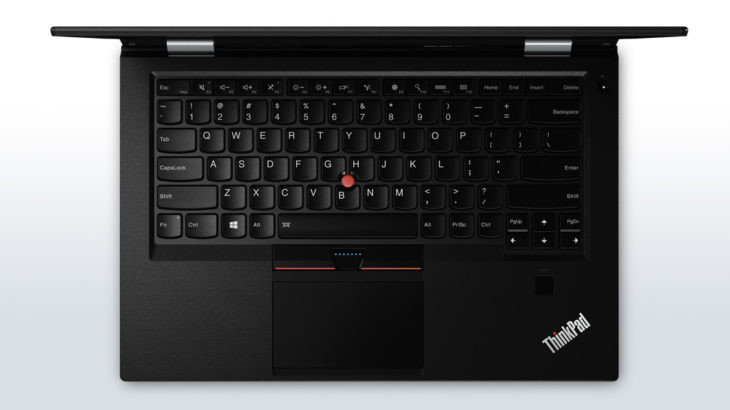
Our laptops are possibly a fundamental piece in our daily routine: with them we can work, check emails or enjoy games with exactly the same versatility and power of a traditional desktop computer..
The problem is that, for physical reasons, a laptop is much more prone to damage during use, especially its batteries and mechanical hard drives. Of course, we can take into account some tips so that its use is the most appropriate possible.
The battery, the most controversial and needed piece in a laptop
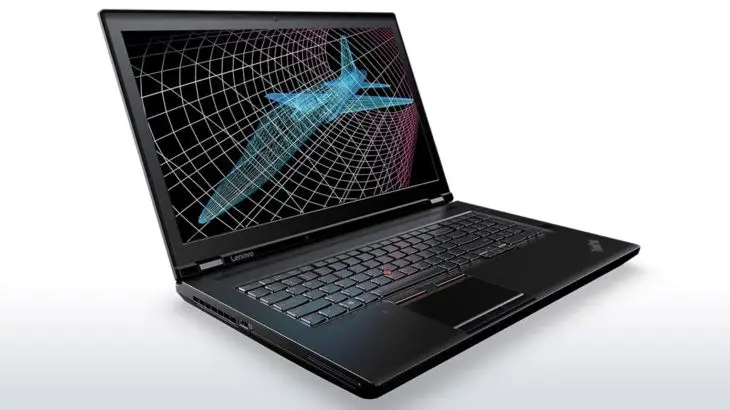
One of the most necessary , but at the same time controversial, components of a laptop is, without a doubt, its battery. The battery is precisely the one that provides autonomy and electrical independence to a laptop, precisely for that reason it is the one that suffers the most..
It is inevitable that we have to change the battery of our laptop for a new one after the end of its useful life, which is usually around 3-4 years of life, but, in the meantime, we can adopt a series of measures that can protect and even extend the useful life of these components.
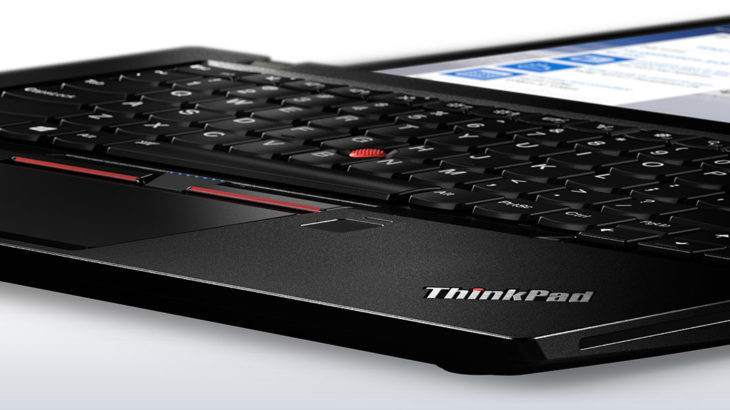
We must bear in mind that the more cells, the more load capacity a battery will have and the longer it lasts. If we are going to use our laptop "on the go", that is, in several places in the same day, it is essential that we have the battery charged to the maximum capacity possible and that we do not connect the charging cable to the electrical network while using it. ..
If, on the other hand, we are not going to use the laptop outside of a specific place for one or several days, and we have access to an electrical current point, then we will disconnect the battery and use only the power cable . Of course, we are left at the mercy of possible problems that the network presents (power surges, supply cuts, etc.).
The mechanical hard drive, another of the critical components of a laptop
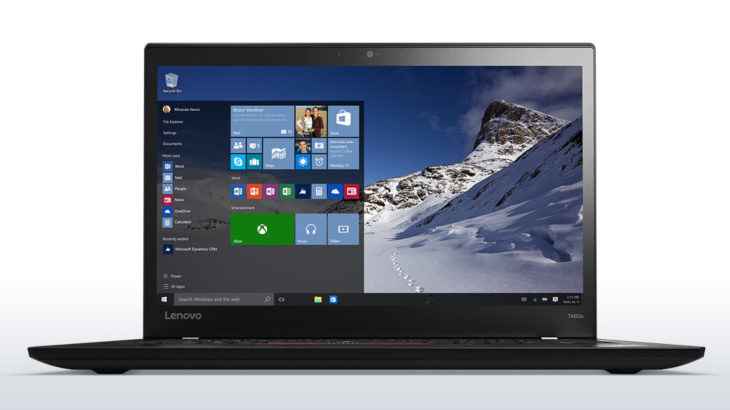
The hard drives are the component where the computer stores all the information and, because of this, is the component where data that allow booting the operating system of the computer are housed.
The problem is that mechanical hard drives (traditional ones) have parts that are highly susceptible to failure, especially if we don't take the precaution of suspending or shutting down the laptop before moving it.
Rotation of the disk itself combined with sudden vertical movement of the notebook can cause the head of the disk information reader to physically touch the magnetic platters on the disk itself: this can lead to disk malfunction and loss of information from the disk.
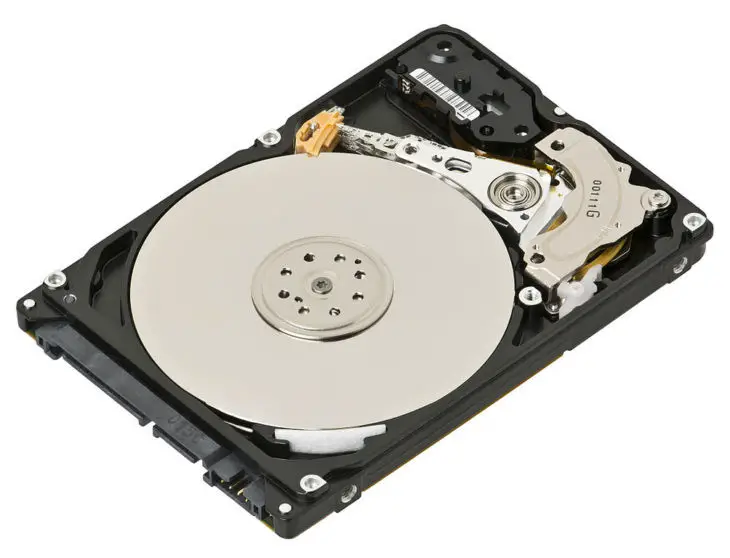
Although modern mechanical hard drives are usually well protected against these vertical movements , it is very important to take the precaution of moving it as little as necessary while it is in operation or directly turning it off or suspending it before doing so.
When the computer stops showing any sign of activity, then we can move it. Of course, another interesting option is to replace the mechanical hard drive with an SSD with no moving parts.
Cleaning and ventilation, essential to avoid damaging the laptop
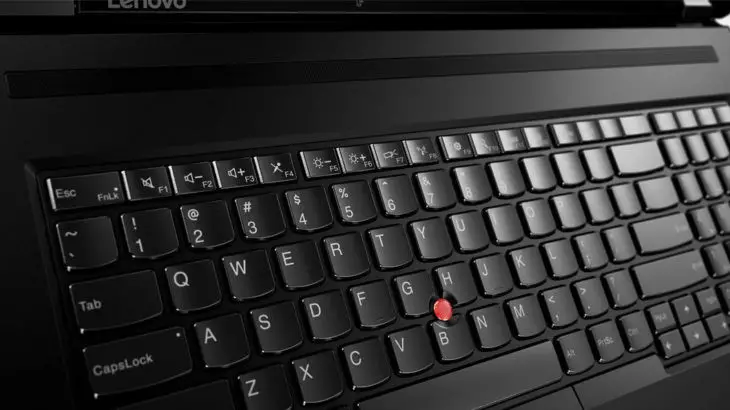
Hygiene and the physical place where we use our laptop also influence its operation and durability.
We must keep the laptop as free as possible from any type of dirt : food, lint, liquids. Any type of element that accesses the interior of the same can seriously affect the internal components and cause their malfunction and even irreparable damage.
Dropping a drink on the keyboard or the vents can cause blocking of the keys and the ventilation , in addition to affecting the circuits with the corrosion of water or elements of the drink. The same happens if we eat nearby and small pieces of food fall.
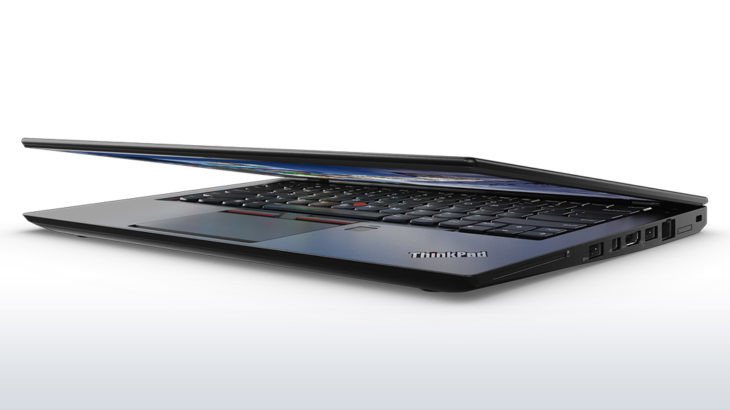
Of course, using the laptop in a clean, dust- or lint-free place is also suitable: they can cause the ventilation system to stop working properly in the long run and cause the equipment to overheat .
The surfaces where we use it also help: it is always better to use it on a smooth surface, ideally made of glass or wood instead of a fabric surface, which stores excessive heat. Try using a dedicated stand if you plan to use it on the couch.
Exceptions that break the rules
There are extremely rugged laptop models that luckily fall short of the ordinary when it comes to dirt or vibration issues, like the Lenovo ThinkPad X1 Carbon, a military-spec laptop.
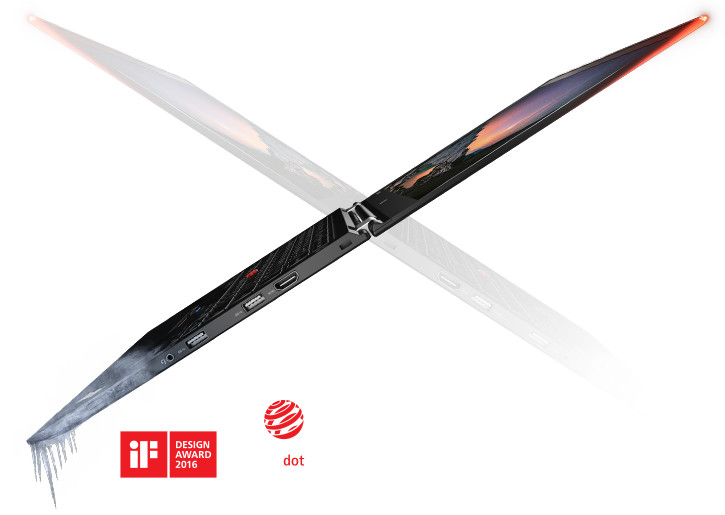
It is made of high quality carbon fiber and has withstood twelve military specification tests, in extreme conditions of dust, vibration, heat, cold, altitude, humidity, solar radiation and fungi. It goes out of the ordinary in the recommended maintenance for any laptop.